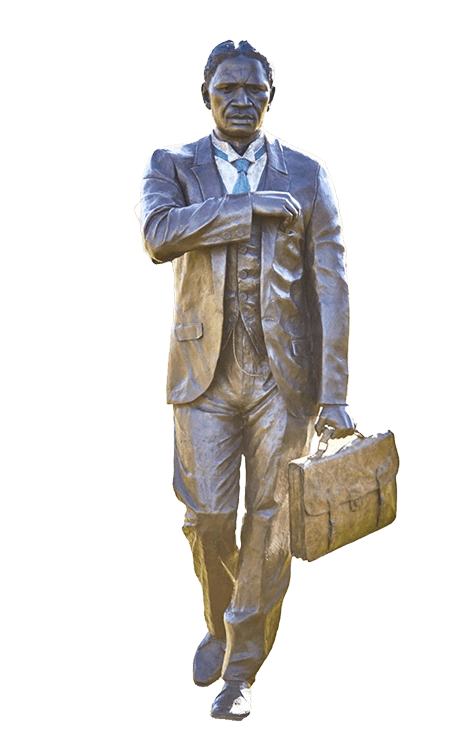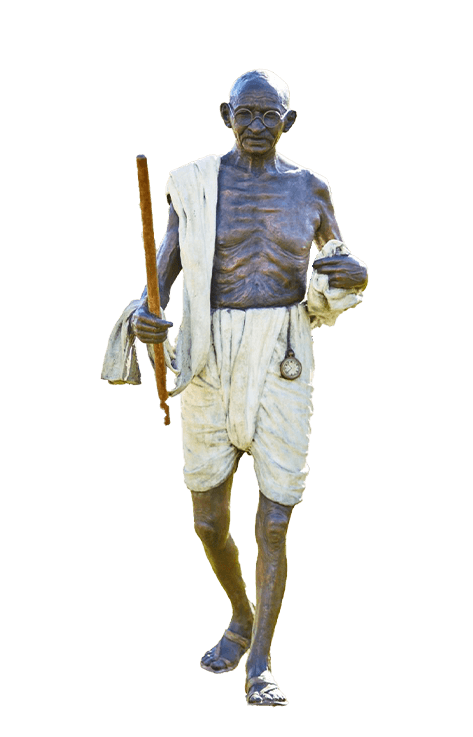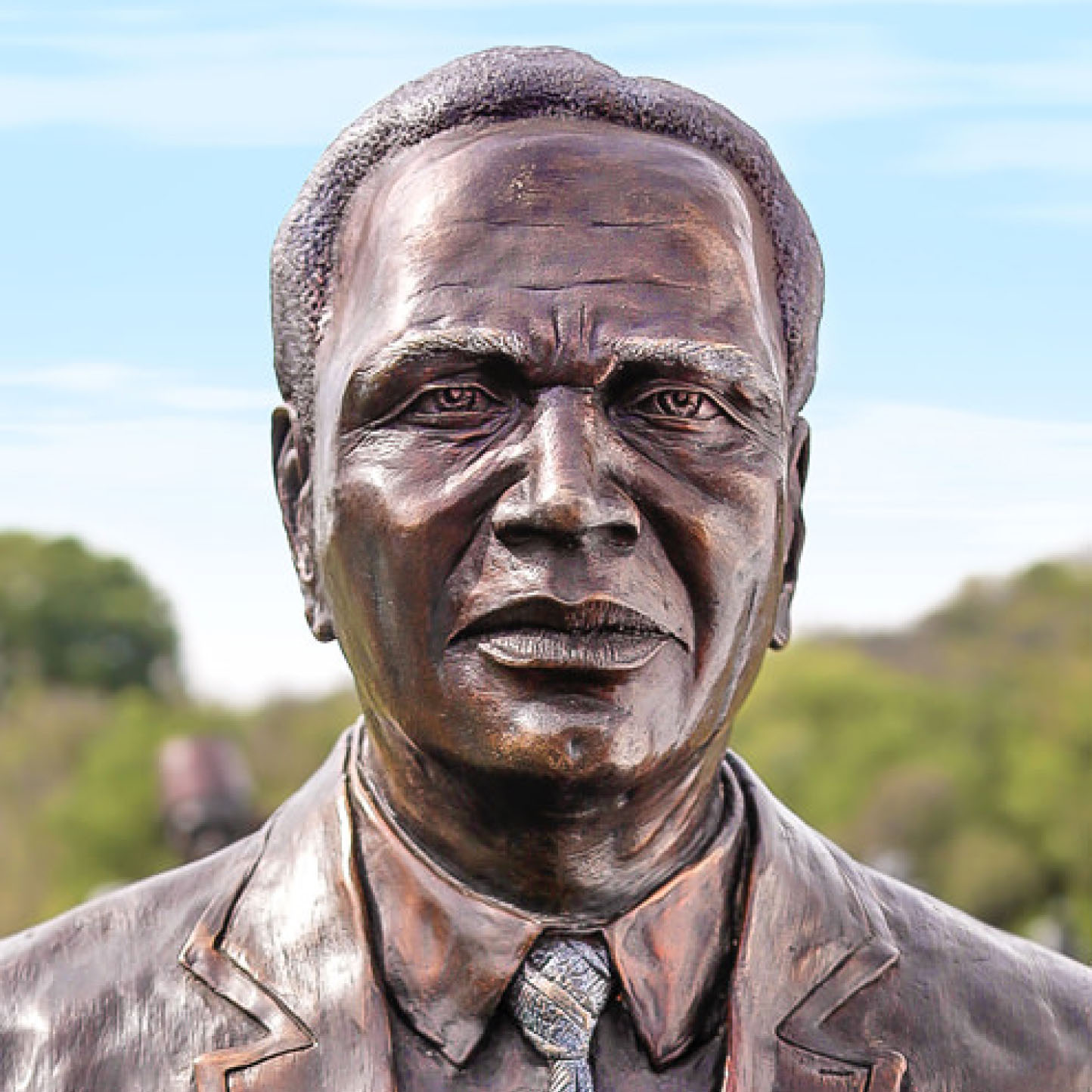
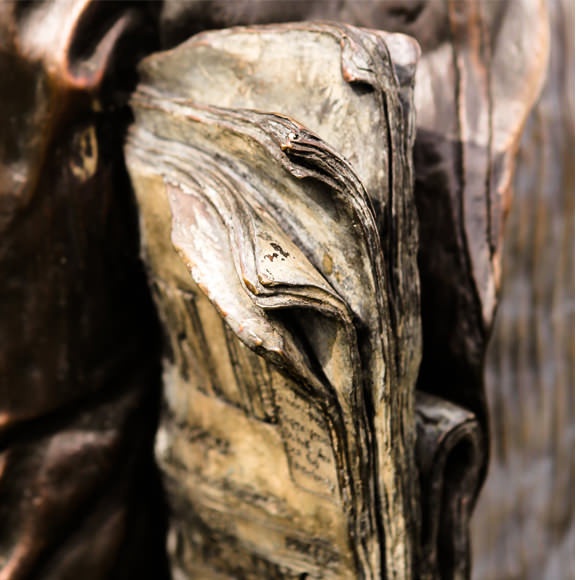
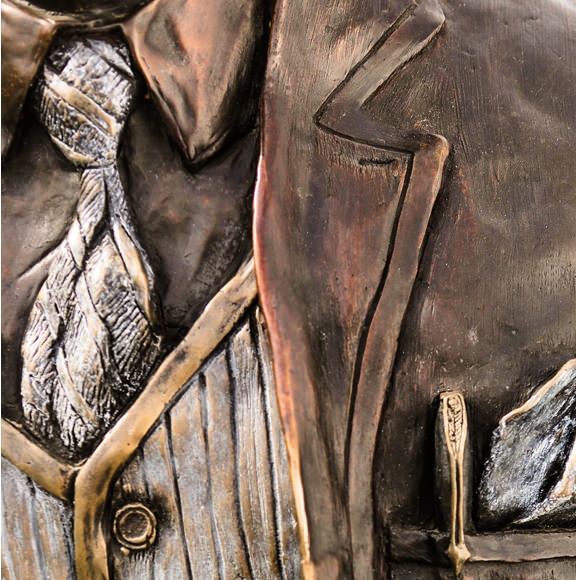
"There is no Royal Road to freedom. We shall have to face difficulties which at times will appear as insurmountable as those which Christ Himself faced in His struggle for human freedom from the chains of sin, if we are to inherit the legacy of freedom which the martyrs of liberty and justice have bequeathed upon mankind."
Selope Thema ‘Within the Ambit’, Abantu-Batho, February-March 1920
Richard Victor Selope Thema
1886 - 1950
Acting Secretary General of the South African Native National Congress, Sub-Editor of Abantu-Batho, Co-founder and Editor of Bantu World, Member of the Natives’ Representative Council
Selope Thema was born near Pietersburg (now Polokwane, Limpopo). His unpublished autobiography From Cattleherd to Editor's Chair recounts his life in mission schools, as a labourer during the South African War, a domestic worker in Pretoria and as a student at Lovedale Missionary Institute in the Eastern Cape.
In 1915 Thema quit working in a mine recruiting office in Pietersburg and began work at the legal practice of Richard Msimang, co-founder of the South African Native National Congress (SANNC, later the African National Congress).
Thema himself became active in the SANNC as its provincial secretary in the Transvaal and also took over the duties of national secretary general when Sol Plaatje was out of the country, acting on and off in this capacity through the mid-1920s.
In 1919 he was a member of the SANNC deputation to Britain and Versailles, which ultimately failed to get support for the African cause. While in England Thema enrolled for a course at a London School of Journalism and on his return became a sub-editor (1916-1925) of the ANC newspaper Abantu-Batho and correspondent for Umteteli wa Bantu, an apolitical counterpoint to Abantu-Batho which was established by the Chamber of Mines.
During the 1920s and early 1930s Thema was superintendent of the Bantu Men's Social Centre in Johannesburg. He resigned in 1932 when he became editor of the Bantu World, a paper owned by Whites but written by and for Africans, that later was known as The World, an ancestor to today's Sowetan. The paper encouraged the politicization of urban Africans and covered the activities of the ANC in detail. It did however reflect Themas biases, including opposition to the radical left wing of the ANC and a rejection of boycotts as a political tool.
Thema was one of the organizers of the 1935 All African Convention, and later served on the executive of that body. Always a believer in what later became known as dialogue, he was appointed to the Natives Representative Council in 1937, purportedly intending to advise the government on issues affecting Africans. He was one of its strongest voices until the council's dissolution in 1951.
After the defeat of Alfred Bitini (A.B.) Xuma as president general of the ANC in 1949, Thema became increasingly unsympathetic to new trends in the ANC and in 1951, following the election of the Communist John Beaver (J.B.) Marks as provincial president of the Transvaal ANC, he founded the National Minded Bloc, a moderate faction opposed to co-operation between the ANC and the Indian Congress, and their increasing militancy. This group, using the Bantu World as its mouthpiece, subsequently opposed the 1952 Defiance Campaign.
Discredited and isolated, Thema thereafter lost what little remaining influence he had. Following his retirement from Bantu World in mid-1952, he continued to write occasional pieces for the paper, including ones praising the nearly extinct National Minded Bloc.
He died in Orlando West, Johannesburg, aged 69.
